 PD-1 Antibodies as Precision Medicine Informed Mono- and Combination Therapies Are Transforming Cancer Care
PD-1 Antibodies as Precision Medicine Informed Mono- and Combination Therapies Are Transforming Cancer Care
Roy Baynes, MD, PhD, Senior Vice President & Head, Global Clinical Development; CMO, Merck, Sharp and Dohme
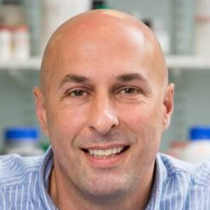 Reprogramming the Tumour Microenvironment: Lessons From the Clinic and Back
Reprogramming the Tumour Microenvironment: Lessons From the Clinic and Back
Stephen A. Beers, PhD, Professor of Immunology & Immunotherapy, University of Southampton
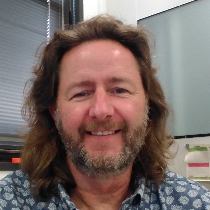 Protein Quality Control and Research Data Reproducibility: Little Pain, Lots to Gain?
Protein Quality Control and Research Data Reproducibility: Little Pain, Lots to Gain?
Nick Berrow, Manager, Protein Expression Core Facility, Institute for Research in Biomedicine IRB Barcelona
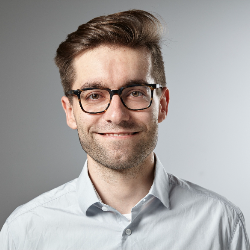 A Compact Vocabulary of Paratope-Epitope Interactions Enables Predictability of Antibody-Antigen Binding
A Compact Vocabulary of Paratope-Epitope Interactions Enables Predictability of Antibody-Antigen Binding
Victor Greiff, PhD, Associate Professor, Immunology, University of Oslo, Norway
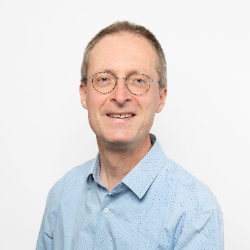 Engineering Antibodies for Next-Generation Cancer Immunotherapy
Engineering Antibodies for Next-Generation Cancer Immunotherapy
Christian Klein, PhD, Cancer Immunotherapy Discovery, Roche Innovation Center Zurich, Roche Pharma Research & Early Development, pRED
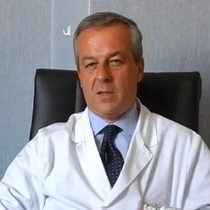 Treatment of Neuroblastoma with CAR T Cells
Treatment of Neuroblastoma with CAR T Cells
Franco Locatelli, MD, PhD, Professor of Pediatrics, Sapienza, University of Rome; Director, Department of Pediatric Hematology and Oncology, IRCCS Ospedale Pediatrico Bambino Gesù
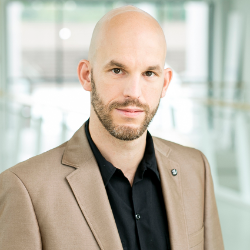 Analytical Ultracentrifugation: An Auxiliary Tool for Vector Characterization
Analytical Ultracentrifugation: An Auxiliary Tool for Vector Characterization
Robert Pletzenauer, Head of Process Analytics, Gene Therapy, Process Development, Takeda
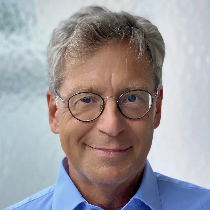 The SHREAD platform: SHielded, REtargeted ADenovirus for Paracrine Delivery of Therapeutics
The SHREAD platform: SHielded, REtargeted ADenovirus for Paracrine Delivery of Therapeutics
Andreas G. Plueckthun, PhD, Professor & Head, Biochemistry, University of Zurich
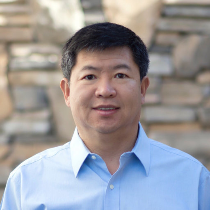 Advancing Mass Spectrometry Technology in cGMP Environments
Advancing Mass Spectrometry Technology in cGMP Environments
Da Ren, PhD, Scientific Director, Process Development, Amgen Inc.
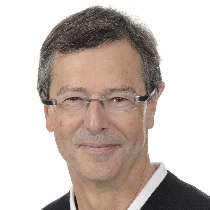 Self-Assembly of Antibodies in Concentrated Solutions – Insight from Scattering Experiments and Computer Simulations
Self-Assembly of Antibodies in Concentrated Solutions – Insight from Scattering Experiments and Computer Simulations
Peter Schurtenberger, PhD, Professor, Physical Chemistry, Lund University
 How Target Biology Drives Bispecific Antibody Product Discovery
How Target Biology Drives Bispecific Antibody Product Discovery
Janine Schuurman, PhD, Senior Vice President, Antibody Research & Technology, Research & Innovation, Genmab BV
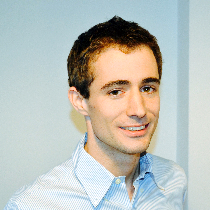 Third-Generation Methods of Antibody Discovery and Optimisation: In silico Rational Design
Third-Generation Methods of Antibody Discovery and Optimisation: In silico Rational Design
Pietro Sormanni, PhD, Royal Society University Research Fellow, Yusuf Hamied Department of Chemistry, University of Cambridge
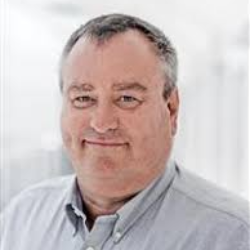 Robust Production of Optimized Protein-Based Therapeutics with Tailor-Made and Improved Glycosylation
Robust Production of Optimized Protein-Based Therapeutics with Tailor-Made and Improved Glycosylation
Bjørn Voldborg MSc, Head, National Biologics Facility, DTU Bioengineering, Technical University of Denmark